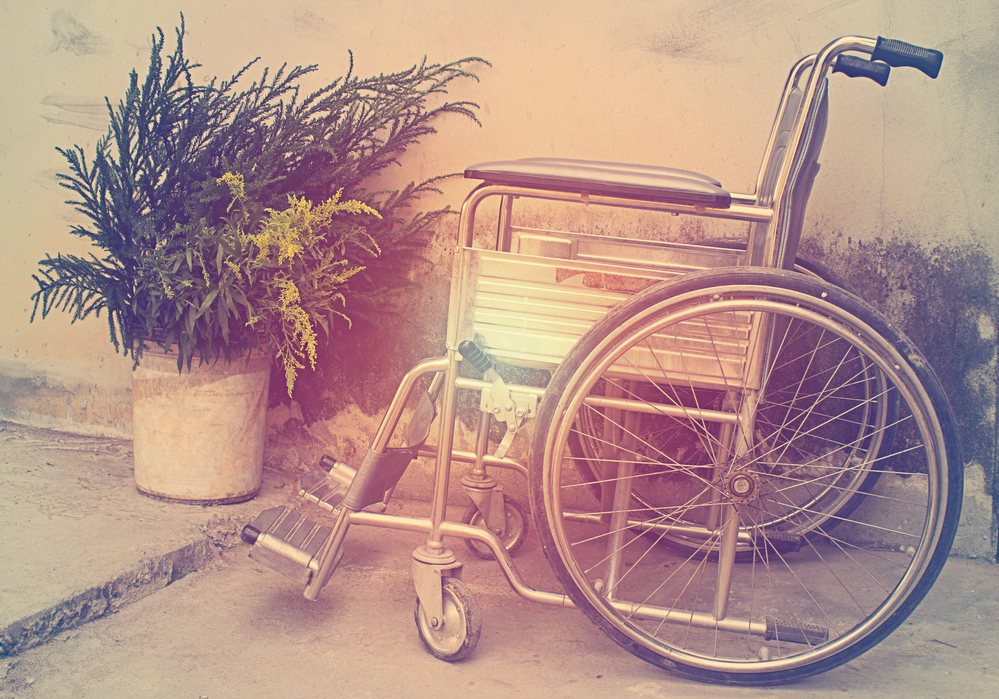
Maryland Nursing Home Abuse Lawyer

Nursing Home Abuse Lawyer Maryland
When your loved one has been left dehydrated while living in a nursing home, there is a natural cause for alarm. Dehydration is a potentially deadly medical condition that results from a lack of fluids. Unfortunately, in nursing homes, dehydration is too common. If left undiagnosed, various symptoms can result. If you’re on this page because someone you know has suffered harm due to dehydration in a nursing home, please call a nursing home abuse lawyer in Maryland today.
Understanding Dehydration in Nursing Homes
The body continuously loses fluids through urine, stools, breathing, and sweating. It is prudent this fluid is replaced; if not the body will be unable to function properly. When an elderly person becomes dehydrated, they may exhibit health complications and other symptoms. Dehydration is common because many elderly people don’t feel the symptoms of thirst. Even though they may be encouraged to drink water and fluids, they may fail to do so. As a Maryland nursing home abuse lawyer might explain to you, it is often up to the nursing home staff to make sure residents are getting enough fluids. In the case of a resident failing to drink water, they should be given intravenous fluids to prevent dehydration.
At our firm, we handle many different types of nursing home abuse cases; however, dehydration is one of the most common examples of neglect. To get a better understanding of just how common dehydration is, consider the following. In a recent study, 40 nursing home residents were monitored to see how much they drank. Nearly all of them were not drinking enough, and 25 suffered from medical conditions that can be caused or exacerbated by dehydration. If your loved one suffered from dehydration, and was injured or lost their life, please call a nursing home lawyer Maryland families trust for advice.
The causes of dehydration in elderly people can vary; however, many scenarios involve:
- The resident is unable to let staff know of their thirst
- The resident cannot state which fluid they prefer
- There is a lack of supervision to observe the drinking behaviors of the resident
- There is a lack of staff to ensure every resident is getting enough fluids
- Staff are limited in their training and unable to identify the early symptoms of dehydration
If your loved one became dehydrated while living in a nursing home, and was harmed as a result of the condition, please call a nursing home abuse lawyer in Maryland as soon as possible.
Identifying Dehydration
The symptoms of dehydration can vary in elderly people; especially those who have underlying health conditions or are older. Common symptoms of dehydration in its early stages can include:
- Feeling thirsty
- Dry mouth
- Sticky mouth
- Decrease in the frequency or output of urine
- Very dry skin that, when pulled up, does not immediately go down
If the dehydration is not treated, the elderly person may exhibit:
- Confusion and irritability
- The inability to sweat
- Sunken cheeks and eyes
- Low blood pressure
- Falling unconscious
- Delirious
According to data, between 1999 and 2002, nearly 1,400 residents living in a nursing home lost their lives because of complications from malnourishment or dehydration. These complications can include:
- Swelling of the brain
- Seizures
- Kidney failure
- Coma
- Death
Sometimes, dehydration is the result of abuse or neglect from staff at the facility. If you suspect your loved one became dehydrated because of the staff, call a nursing home abuse lawyer in Maryland from Brown Kiely, LLP for a case review.

